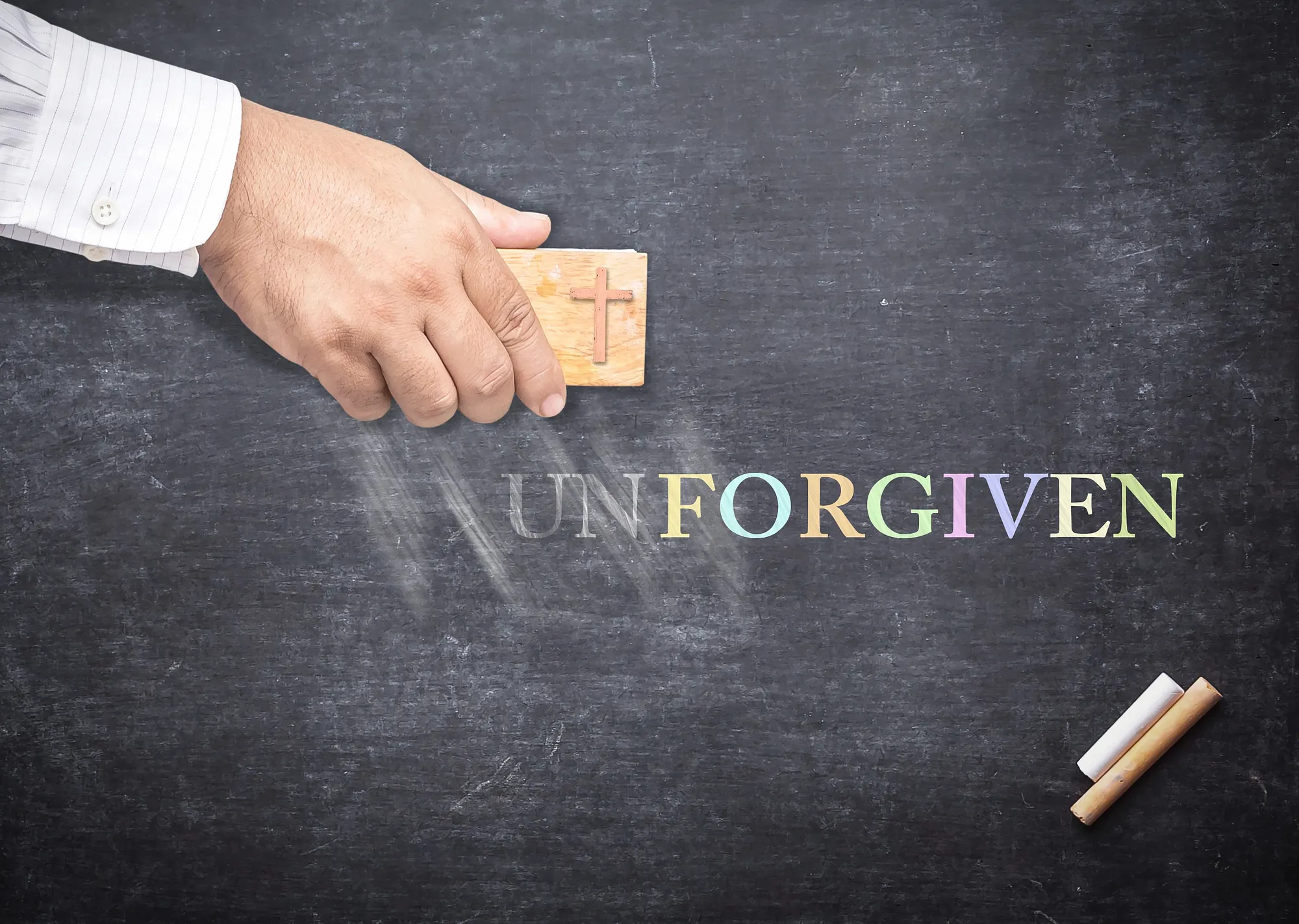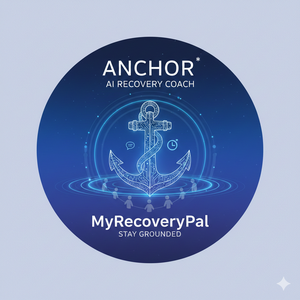
A Daily Reflection on the wounds we hide from ourselves
Today’s Daily Reflection talks about “very deep, sometimes quite forgotten, damaging emotional conflicts” that persist below consciousness. Seven years into my sobriety journey, I’m still not 100% sure I’ve fully realized how much I hurt myself during my addiction. That gradual understanding is perhaps the most painful and important part of recovery.
The Lies We Tell Ourselves
During my active addiction, no one ever said “you’re only hurting yourself.” My friends and family rationalized my drunk behavior rather than call me out on it. It wasn’t until I entered recovery that counselors and fellow addicts pointed out this truth: while I had definitely harmed others, the deepest wounds were self-inflicted.
The behaviors that damaged my soul weren’t always the dramatic ones you see in movies. They were the quiet betrayals of myself:
- Sneaking around and hiding from loved ones
- Making promises while drunk that I wouldn’t even remember
- Shapeshifting into whoever I thought people wanted me to be, never showing my genuine self
I was present but not there — physically occupying space at family gatherings while being completely absent mentally and emotionally. That missed time with my daughter and family still carries shame, even now.
The Ego I Couldn’t See
Here’s something I couldn’t admit to myself for the longest time: I had a huge ego, and that ego was a massive part of the problem. My people-pleasing nature, which I wore like a badge of honor, was actually ego in disguise. By saying yes to everyone, by constantly trying to please, I thought I was being a good person. In reality, I was feeding my ego, desperately seeking praise and validation.
This is one of those “damaging emotional conflicts” that persisted below my consciousness. Even in early sobriety, I couldn’t see it. My nature as a people pleaser made me focus on the people I’d hurt, doing whatever I could to correct that damage. What I missed was that without healing myself first — emotionally and physically — I could never become the dependable person others needed.
When the List Becomes Medicine
Step Eight asks us to make a list of all persons we had harmed. Seeing that list in black and white was difficult and painful at first. But over time, as I worked the step, something shifted. It became healing, helpful even. It was like releasing grief — acknowledging the weight I’d been carrying allowed me to finally begin putting it down.
The list forced me to see not just who I’d hurt, but how deeply I’d wounded myself in the process. Every broken promise to others was first a betrayal of my own values. Every lie I told created a fracture in my authentic self. Every time I chose alcohol over showing up genuinely, I abandoned the person I was meant to be.
The Amends That Changed Everything
Of all the amends I’ve made, one stands out: the second conversation with my daughter. The first amends was formal, part of working the steps. But the second one came organically, unplanned. We had an open, adult conversation about my addiction, my recovery, and who I was versus who I am now.
That moment was the most impactful in my entire recovery journey. Not because it erased the past, but because it acknowledged it fully while also honoring the present. It showed me that making amends isn’t a one-time checkbox — it’s an ongoing practice of showing up differently.
Living with Scars
I don’t know if there are any deep wounds left, but there will always be scars. And that’s okay. Scars are proof of healing, not evidence of damage. They remind us where we’ve been without defining where we’re going.
When shame surfaces now — and it still does — I have tools:
- I write about it (like I’m doing here)
- I tell my wife or share in a meeting
- I get it out in the open and “put salt on the slug,” as I like to say
I’ve learned to “recover loudly” to help remove the shame not just for myself, but for others who are struggling. Every time we speak honestly about our journey, we make it easier for someone else to start theirs.
The Gift of Time
If you’re in recovery and struggling to forgive yourself, here’s what I know: Give time, time. You’ll know when the moment has come to forgive yourself. It may not be a lightning strike revelation. More likely, it will happen day by day, almost imperceptibly, like healing always does.
The person you hurt most is also the person you can help most — yourself. That’s not selfish; it’s essential. Because only through healing our own deep wounds can we become the people our loved ones deserve, the people we were always meant to be before addiction convinced us otherwise.
The hidden damage doesn’t have to stay hidden. Bringing it into the light — through steps, through honest conversation, through daily recovery work — is how we transform our deepest wounds into our greatest strengths.
Recovery is about progress, not perfection. If you’re working on healing those deep wounds and need structure for your daily practice, check out my 30-day prompted recovery journal. Sometimes putting pen to paper is the first step in bringing those hidden conflicts into the light.
Remember: The person you were doesn’t determine the person you’re becoming. One day at a time.

Comments (0)
Login to leave a comment.
No comments yet. Be the first to share your thoughts!